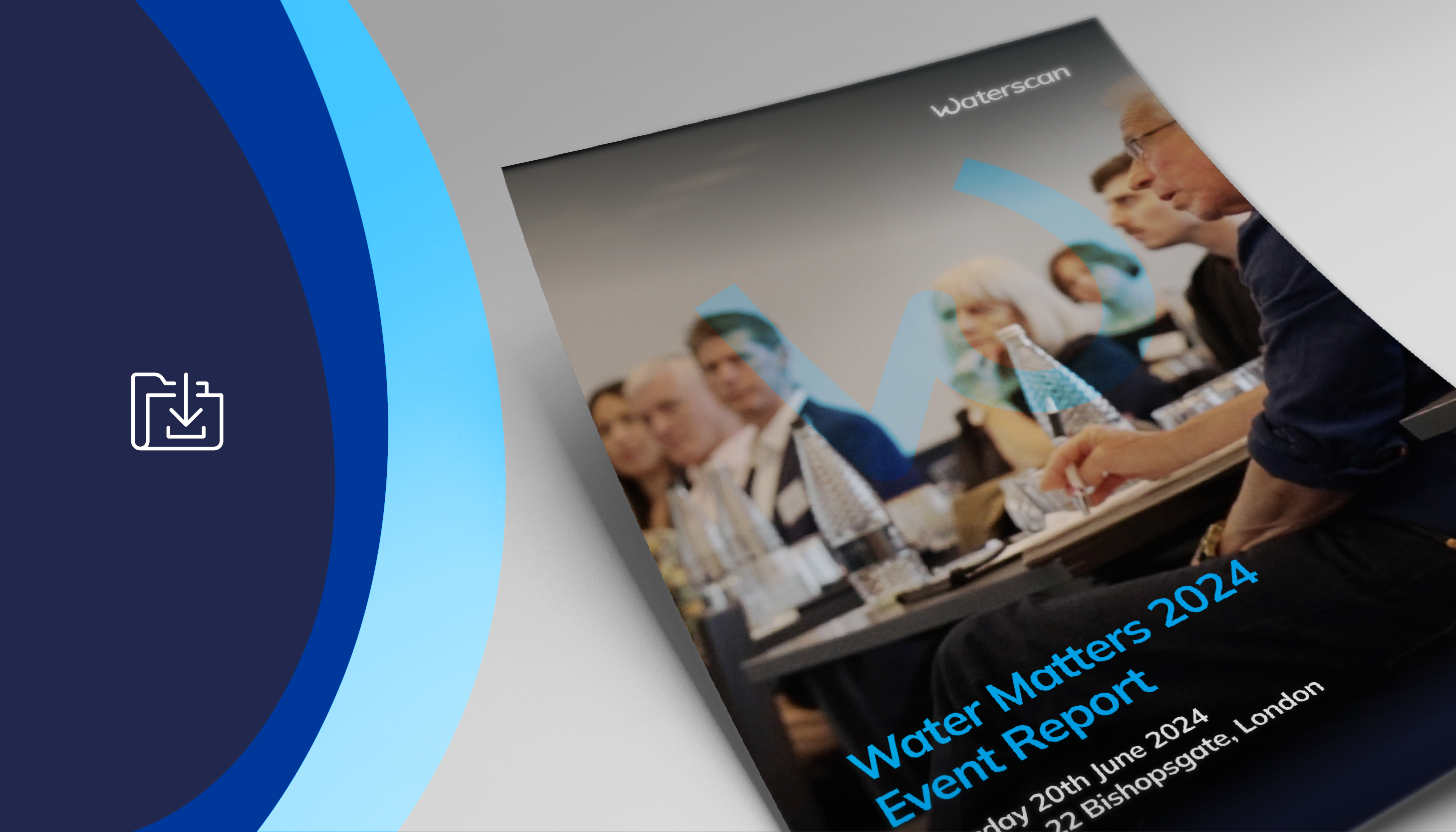Water in Communications: The Importance of Strategic Communication to Drive Change in Water.
Panel speakers:
- Arati Davis – Sweden-India Business Council (CEO) (Panel Host)
- Marissa Mar Pecero – Communications Consultant Caroline Black – World Resources Institute (Research Analyst)
- Maria Andrén – Grundfos – Senior Director Group Communications
- J. Carl Ganter – Circle Of Blue / Vector Center
Overview
Having heard over the past five days about what we need to do to reach the audiences that are critical to make the changes we need to see, this session looked at the importance of strategic communication to get these outcomes heard. Some key themes around the audience, how collaboration is key, types of communication and managing misinformation or fake news, and finally about influencers were prominent.
Session focus with Craig Andrews
To set the tone around communications on water, consideration was given to the impact of the UN Water 2023 conference and the outcomes of what was needed in terms of messaging and communications. Carl Ganter of Circle of Blue stated “what we need to realise in the media space is that water touches everything, and that it’s an urgent situation.”
From a communication perspective, we have stories that impact everyone and that are developing all the time. The challenge is to not fight for immediate headlines but to create persistent messaging and communications that resonates with everyone and not just those in the water space. We should not just be talking about the bad stories or just the solutions, instead creating stories that create a pathway, or bridge, taking people from the bad perspective to the solution.
We need to make hope, visible.
Key takeaways:
- Corporations need to stop looking inwards and start collaborating to deliver a joint solution.
- Robust scientific data is needed to deal with miscommunication.
- Communication on water needs to be a persistent challenge, a tenacious journey and not a one-off campaign, conference, phrase, or tweet.
- It’s about finding the right channels to reach the right relevant audience and illicit communications that move them.
- The key to success is about collaboration, and then informing, inspiring, and involving – enabling ownership.
Key statistics:
- 37% of the world population doesn’t have internet.
- Grundfos has around 1,800 ambassadors through its social share program, generating over 20,000 posts in the last two years.
Strategic communications
Essentially, all strategic communication is about is change, moving stakeholders or organisations from A-B. To do that, you first need to look at the audience and see what they think, feel, do and then map out what we want them to think, feel, do in the future.
Different tools are available to do this, Maria from Grundfos stated “our recipe to build culture and values internally, but also to work with external stakeholders, is to provide information, inspiration and involvement”. Involvement being the critical stage where you can achieve the action and the doing, not just the talking, through people taking ownership.
Direct communication and face to face interaction is also key to stakeholder engagement. Attending local events and meetings is necessary especially for poorer stakeholders that don’t have internet access or technology is limited.
If we consistently see the same faces we are failing.
Influencers
One of the most powerful ways Grundfos get their external message to their external stakeholders is through their employees. It has a program called social share whereby it provides employees with social messages to use, or adapt, and post on social platforms. The idea being that in this day and age the individual has a lot of influence, whereas historically we potentially listened to government or corporations for the truth.
This sphere of influence is very important and often underplayed. Large companies have lots of talented employees that can influence and become ambassadors. By educating employees they can in turn educate and influence students, the youth, neighbours, politicians, and entire communities.
We need to build trust, and we need to build alliances to accelerate the change.
Customer relevance
To go the extra mile and become leaders, you need to create a corporate culture around water stewardship and foster that culture. Internal communications can support by creating bonds between people and illicit change in terms of moving people in the specific direction you want them to move.
It’s also important to work out how to collaborate with others in your industry, from water wholesalers to retailers and customers, and make a shift from being just internally facing to being more open to collaboration to arrive at a solution that will make the world a better place.
Corporate brands are one of the most trusted channels of information today, so taking the view of not just investing in inward facing goals or in your own brand, but the wider sustainability goal can have a huge impact on creating change.
Wrap up
Many good communications points and ideas were raised during the session, however Maria Andrén from Grundfos summed it up perfectly when saying “there is no one silver bullet in terms of finding the solution to the water and climate challenges we face, communications professionals need to figure out how to collaborate with institutions, governments, and other companies to be able to solve this massive issue we’re facing.”
Furthermore, we can’t just talk about water – we need to provide the science and solutions to the crisis but tell those findings through stories that make it relevant to those we want to see act or make a change.
There is no one silver bullet for the solution.




